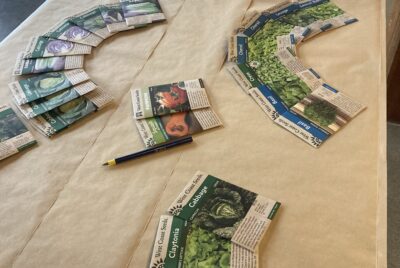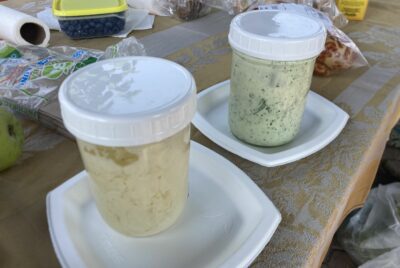RESEARCH
The Relationship Between Horticulture, Recovery and Occupational Therapy in Mental Health: A Scoping Review
Summary
his paper is a scoping review that aimed to establish if horticulture is an occupation-based intervention supporting mental health recovery and to examine its relationship with occupational therapy. Conducted by researchers from Trinity College, University of Dublin, among others, the review highlights the increasing use of nature-based therapies, or green care, in mental health. Horticultural therapy is defined as a gardening-based intervention using plants and activities facilitated by a trained professional to achieve clinical or therapeutic goals. The review is situated within the context of recovery-orientation being the aspired standard for mental health services globally, which emphasizes a unique journey of regaining a fulfilling life regardless of symptoms. The authors noted a gap in knowledge, as research on horticultural therapy has largely not adopted a recovery-oriented approach, and no previous review had specifically explored its potential as an occupation-based intervention to facilitate recovery within occupational therapy practice in mental health. The review utilized the Substance Abuse and Mental Health Services Administration’s ten guiding principles of recovery as a framework for analysis.
The review included 15 studies published between 2000 and 2021, predominantly from 2015 onwards. These studies, conducted in various countries and settings like inpatient/outpatient facilities, farms, and sheltered workshops, investigated horticultural therapy with participants having diverse mental health conditions. All reviewed horticultural therapy interventions were delivered in a group format, involving various indoor and outdoor activities, including growing edible plants, cooking, tasting, and selling produce. The findings suggest that horticultural therapy can potentially support recovery by addressing all ten recovery principles to some extent, with the most prominent being ‘person driven,’ ‘strengths/responsibility,’ and ‘relational’. Occupational therapists were involved as facilitators or co-authors in seven of the included studies, and when they facilitated horticultural therapy, they often adopted a participant- or client-led approach, contrasting with more prescriptive methods used by other facilitators. Despite evidence suggesting potential benefits mapped to recovery principles, the review notes limitations in the literature, such as inconsistent use of recovery-specific outcome measures and a lack of evidence on long-term effects.







